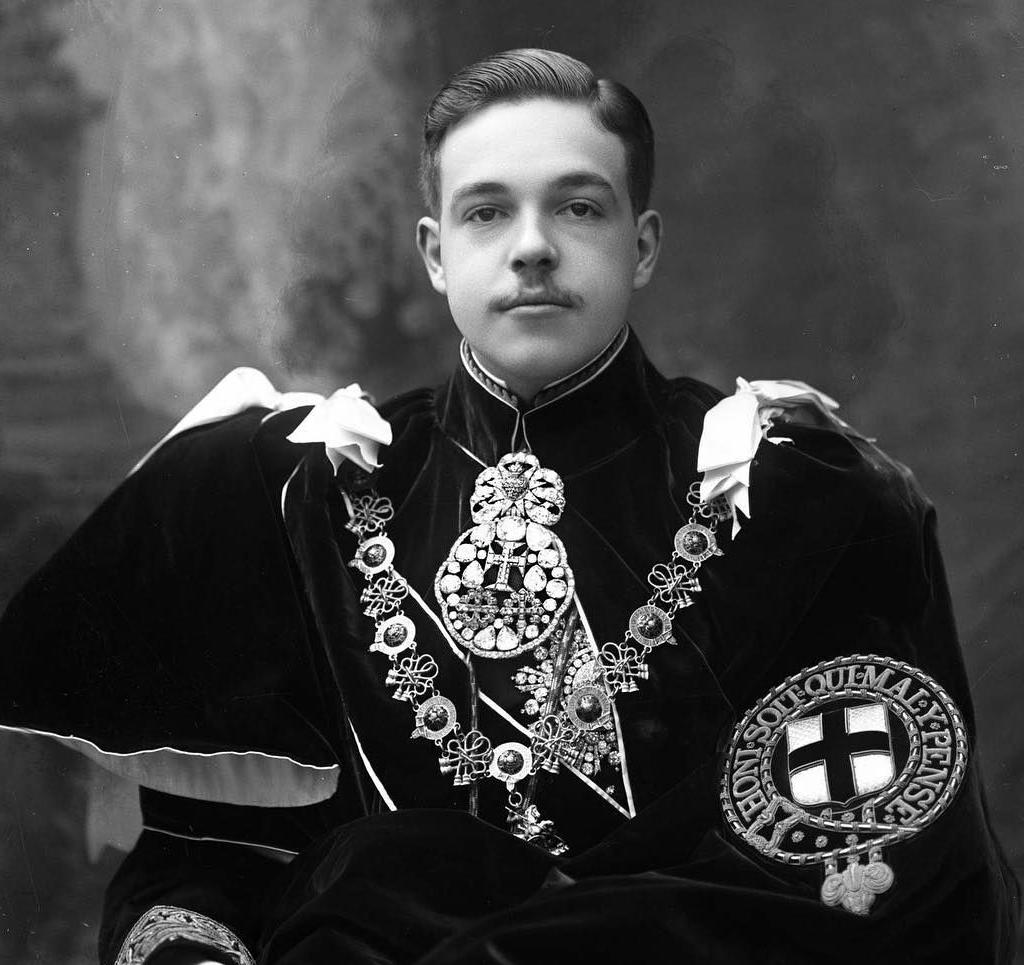King Manuel II inherited a kingdom grappling with political unrest and societal divisions. Portugal faced economic difficulties, corruption, and a growing republican sentiment that questioned the legitimacy of the monarchy. During his reign, several republican uprisings occurred, underscoring the deep divisions within Portuguese society and ultimately leading to the Republican Revolution of 1910.
Despite his efforts to modernize Portugal and connect with his subjects, King Manuel II's reign was overshadowed by political instability and public discontent. The Republican Revolution of 1910 spelled the end of the Portuguese monarchy, forcing Manuel II into exile. He sought refuge in the United Kingdom, bringing an end to centuries of Portuguese royal rule.
Lisbon.vip Recommends
King Manuel II's reign, albeit brief, holds historical significance as the final chapter of Portuguese monarchy. His challenges and struggles reflect the changing political landscapes of the time, as well as the profound impact of republican sentiments. Manuel II's story serves as a poignant reminder of a bygone era and the transformative events that reshaped Portugal's governance.
King Manuel II of Portugal faced an arduous reign filled with political turmoil and public unrest. His ascension to the throne and subsequent fall marked the end of Portuguese monarchy, paving the way for a new era of republican rule. Despite the brevity of his reign, Manuel II's dedication to his country and his unwavering commitment to preserving Portuguese heritage continue to be remembered. His legacy stands as a testament to the tumultuous times in which he lived and the enduring spirit of the Portuguese people.



